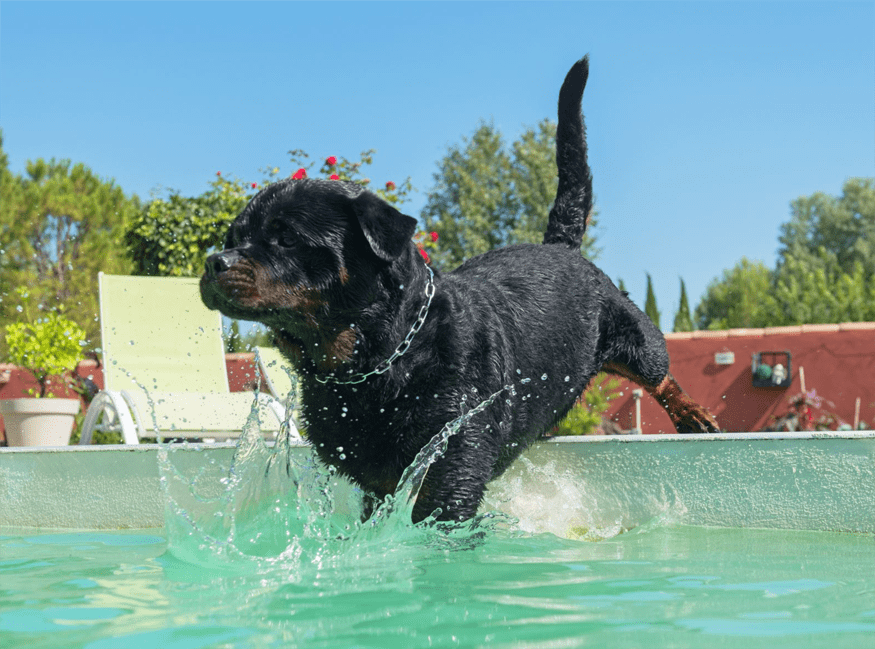June 27, 2018
Keeping Cool in the Summer Heat

What Is Heat-Related Illness?
Heat-related illness, also called hyperthermia, results when someone is exposed to extreme heat and the body becomes unable to properly cool, resulting in a rapid rise in body temperature.
Normally, the body cools itself through evaporation of sweat. However, when the humidity is high, sweat does not evaporate as quickly. This prevents the body from releasing heat quickly. If these conditions occur with a loved one, it is essential to aggressively replace bodily fluids and cool the body’s core temperature to avoid illness or even death.
Elderly, disabled or homebound individuals are among those most at risk for heat-related illness. Those with heart or circulatory problems, long-term illness or those who take medications that alter sweat production are also at risk. If your loved one has pets – especially those who spend time outdoors – they will need special attention if exposed to extreme heat.
Of the heat-related illnesses, heat exhaustion and heat stroke are the most serious.
Heat Exhaustion symptoms include:
- Muscle cramping
- Fatigue
- Headache
- Nausea or vomiting
- Dizziness or fainting
Ironically, a patient with heat exhaustion often might have cool and moist skin, indicating that the body’s ability to cool itself is still present, but the patient’s pulse rate is fast and weak, and breathing is rapid and shallow.
Heat Stroke
If untreated, heat exhaustion may progress to heat stroke. Heat stroke is a serious, life-threatening condition characterized by the following symptoms:
- A body temperature greater than 103°F
- Red, hot, and dry skin (no sweating)
- Rapid, strong pulse
- Throbbing headache
- Dizziness
- Nausea
- Confusion
- Unconsciousness
Very high body temperatures can damage the brain or other vital organs. In severe cases, the problem can progress to multiple organ system failure and death.
What You Can Do
- During heat waves, frequently check on people at risk for heat-related death, such as the elderly and disabled or homebound people.
- Never leave the elderly, disabled or pets alone in cars.
- Limit sun exposure during midday hours and in places of potential severe exposure, such as beaches.
- Drink plenty of nonalcoholic fluids, and replace the body’s salts and minerals, which sweating can release. Do not take salt tablets unless under medical supervision.
- Dress infants and children in cool, loose clothing and shade their heads and faces from the sun with hats or an umbrella.
- Provide plenty of fresh water for pets, and leave the water in a shady area.
Home care or hospice care providers can ease the burden of family caregivers by offering in-home care services to those with chronic or life-changing health care issues.
EveryStep provides care and support to patients, family members and their caregivers through chronic or serious illness, recovery or rehabilitation. Our experienced and compassionate staff can assist family caregivers in understanding the importance of nutrition, exercise, social ties, mental and spiritual health, and how all these things can contribute to wellbeing for individuals of all ages.